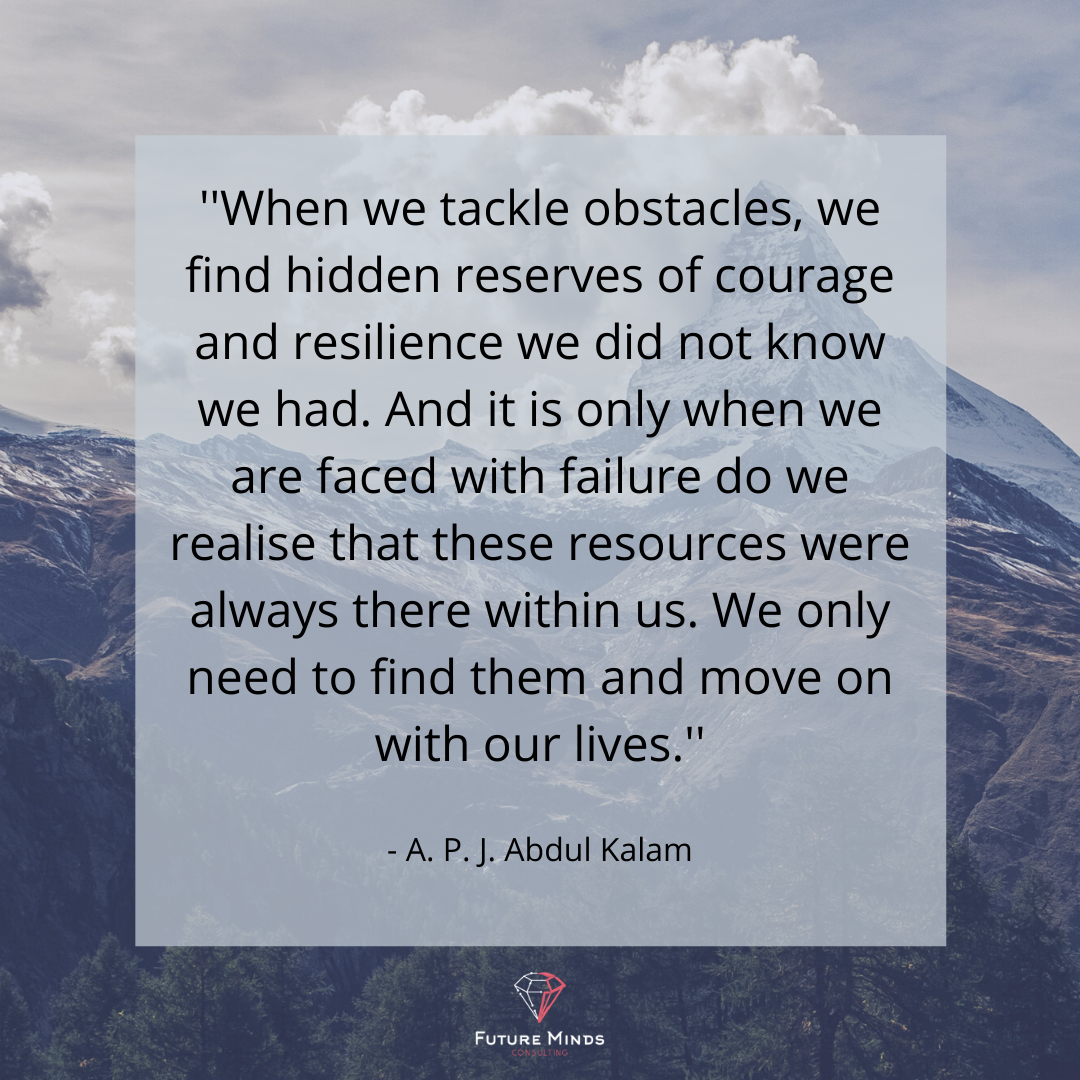We are often faced with a situation that makes us feel powerless. Our judgement is clouded. Our senses are impaired. Our actions do not reflect our usual conduct. Yet, we act on it and the outcome is not what we expect or desire.Even though everything seems uncontrollable, there are ways in which we can defeat these obstacles and come out shining.
We talked about the importance of preparing and growing our resilience. The preparation part is the step which helps us gain awareness regarding resilience – it teaches us to pay attention. The action-based part is where the word challenging shows its true meaning.
This article’s aim is for us to have an overview of the most efficient ways in which we can improve our actions and reactions. First of all, we discussed the importance of stepping back and making the first move into clarity. Most often we tend to give an on-the-spot answer to whatever comes our way. This is how we, humans, usually deal with stress: do something quick in order to get ourselves out of the uncomfortable situation and regain balance.
But the problem is far from being solved, as most of the time, in exchange for our quick reply comes a facet of the issue we didn’t expect.
Our first impulse is of physiological nature. A cluster of emotions rises and makes us confused, telling us to either defend ourselves or to escape: this is the fight-or-flight mechanism, a way in which we respond to an event perceived as harmful.
We are programmed this way in order to survive. But most of the situations we find ourselves in do not represent a direct threat to our lives, so we have to train our mind into understanding the difference between a life-and-death situation and something we can solve just by allowing ourselves to look at it differently.
The advantages of taking a step back and calming down are amazing: they give us clarity and they make us become more focused and aware of our actual power of dealing with things. In time, we will learn to recognize the triggers that make us react quickly and keep them under control. And because we want this to be a learning experience, here are a few questions that can guide you in finding the right anchor when needed:
- “What is the best, worst, and ‘most realistic’ scenario that is likely to play out?”
- “What boundaries do I need to establish?”
- “How might my current mood affect my decision-making and communication style?”
- “Can I be more open, while maintaining my own core values?”
- “How do I want to face this challenge the next time it arises?”\
- “How important is this to me? (How will I feel about it tomorrow? In a week? In five years?”
- “How can I frame the discussion in a way that relays my true intentions?”
- “In addition to concentrating on my message, how can I phrase things so that I am properly understood?”
- “How can I express my displeasure at an action, instead of at the person?”
The other important skill we talked about is reframing our perspective. It might sound easy to do, but we sometimes don’t exactly change the angle from which we see things, but rather rephrase the way we currently do – in other words, it’s the same thing as before.
Our perspective is usually aligned with our core beliefs and this is why it’s so difficult to change it. We might feel that we’re compromising or not being true to ourselves. But understanding that trying to see things in a different manner only means that we enable ourselves to grow and learn new ways of solving problems can do a lot. This is also a good way in which we can see undiscovered parts of ourselves. It’s only a matter of practice and acceptance that will take us a long way – we’ll bloom and flourish and everything will do the same around us. Here are a few questions to start your journey with:
- “If you were feeling resourceful and generous, what might be different about the situation?”
- “What’s missing here, that if included, will make this situation flow?”
- “What do you think is [add your role model, best friend, relative’s name here]’s perspective?”
- “In what way is the current situation absolutely perfect?”
- “What about this situation could be fun?”
- “If you were twenty feet tall and had super powers, what would you think about this situation?”
So, what we need to stay focused on is the belief that everything is within us – we have the power to reshape the meaning of things, to change the course of the action and improve ourselves on the way. It just takes patience and practice.

